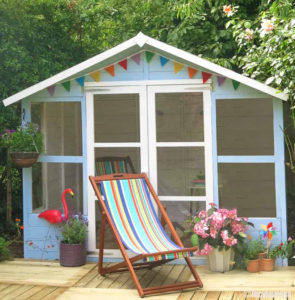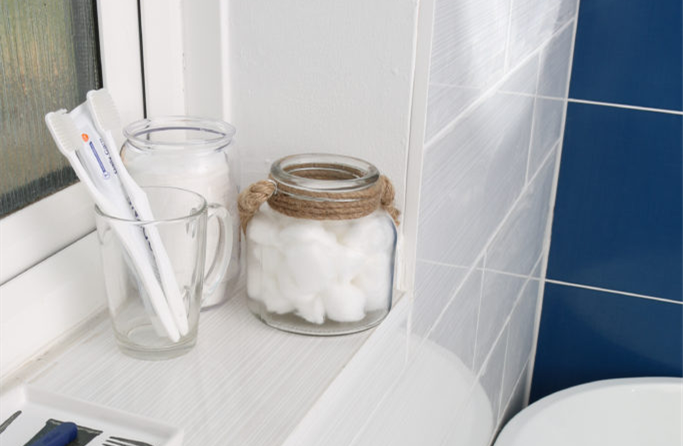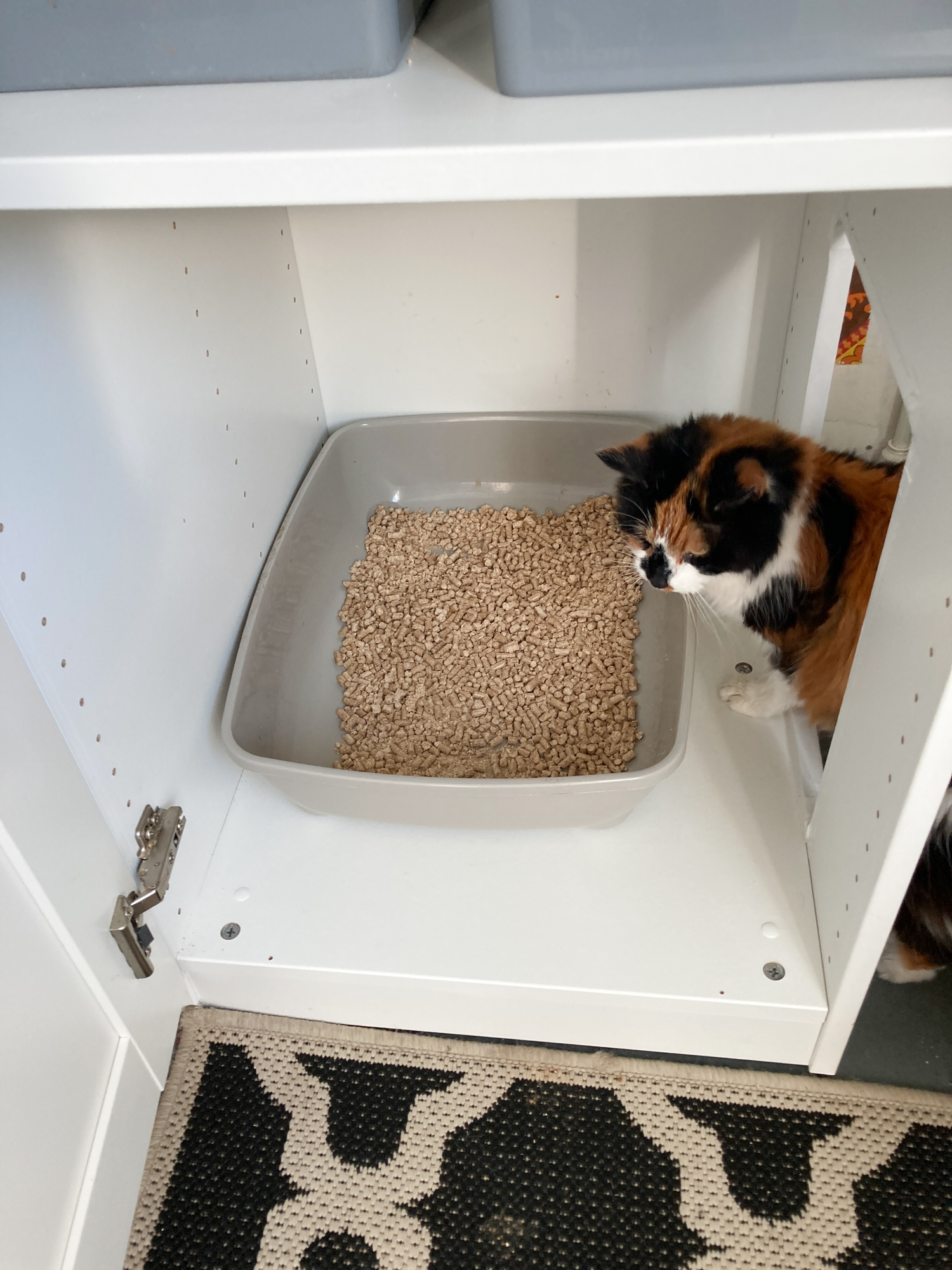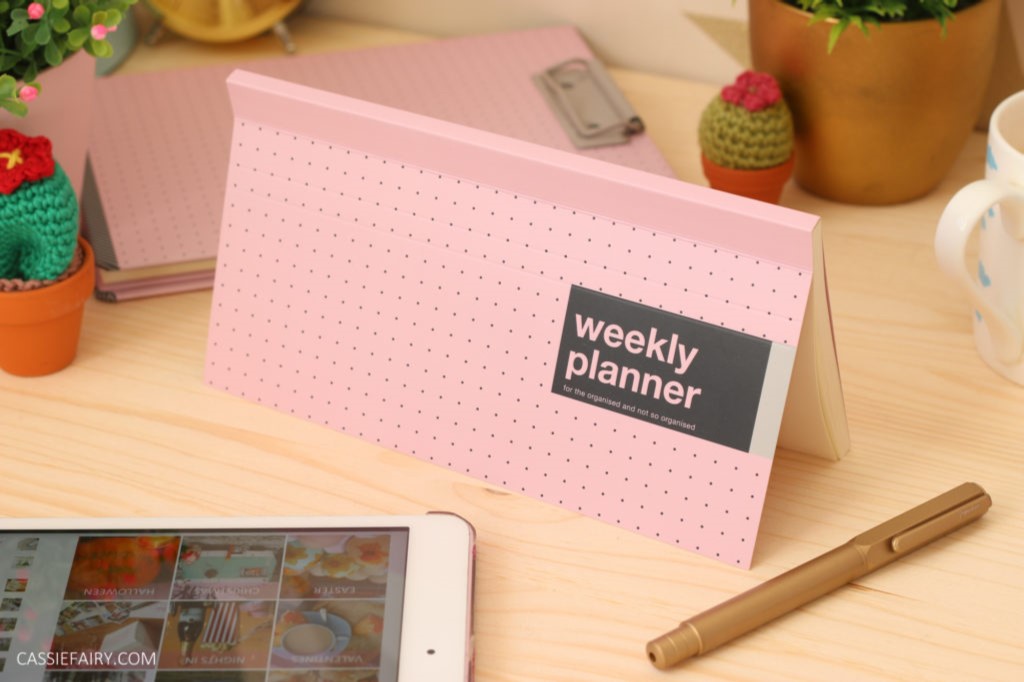After posting a few articles about my fluffy friends Cookie and Muffin over the past couple of weeks, I’ve come to realise just how many of you love your pets as much as I love my cats. Whether you have a pedigree puppy that cost many hundreds of pounds, a rescue dog, or just a stray cat that happened by your home hoping for something to eat, one thing that all our pets have in common is that they capture our hearts and, as has been proven, are very beneficial to our health, so it only makes sense to do everything we can to keep our pets in as good health as we can.
Also an unhealthy pet can place a large strain on our finances. Although we can protect ourselves against the very high cost of some veterinary treatments with pet insurance, there is always an excess to pay every time we take our pets to see the vet, and those costs can build up! Also, some breeds or types of pet may not always be eligible for insurance and if you have a mixed pet household, remember that Cats and Dogs will often need different policies too. So I’ve decided to do some research to save my cats from even needing to go to the vet in the first place and here are some very simple ways that could improve your pet’s health and cut down on those vet bills.
Weight
When I was young we had a tortoiseshell cat called Peppy that lived for over 20 years. Given that the average life of cats is around 15 years, Peppy did very well, and my mother certainly didn’t have any cat insurance back then! From the research I’ve ready online it was probably down to Peppy’s healthy diet and lots of outdoor exercise as slim cats tend to live much longer. So for Cookie and Muffin, we’ve read the recommended portion suggestions on the boxes of food we buy, and give them just enough for their size and breed – never too much – with the aim of keeping them at a healthy weight. This is equally important for dogs too and while I can’t promise that a good diet will make your pet live for ever, diet and a healthy weight for the breed is very important for all animals.
Avoid accidents
If you have cats and live near a busy road or if you take your dogs walking near cars, it’s a good idea to train both types of pet in road safety. Some cats can cross roads instinctively, yet others actually walk along roads and even like to have a lie-down on warm tarmac! It’s a good idea to scare your cats off the road so that they are wary of it rather than using it as a lounging space, and it may be better to let them out of your back-door into the garden, rather than releasing them directly into the path of cars if a road runs past the front of your house. Of course, it is much easier to train a dog in road safety and it certainly pays dividends doing so; a dog that will walk to heel and come when called with be easier to control in an emergency situation.
Check ups
However carefully you monitor your pet’s health, there are advantages in paying a yearly visit to the vet for a general health check up. Not only do such visits help identify any early symptoms that you don’t notice yourself, you will also get feedback on the health of the coat, the heart, and whether your pet’s body mass index is in the healthy range. And vets don’t always charge a fortune for any treatments needed during routine check-ups: my vets are happy to recommend non-prescription supplements, creams or drops when an off-the-shelf treatment will be cheaper and just as effective as the prescription version. This way you can shop around for the best price of a flea-treatment for example and pay a fraction of the cost – my cats’ flea drops cost £21 directly from the vet, but the same product can be bought online for around £10. Essentially, it’s all about the welfare of the cat so the vet is happy for me to buy it elsewhere rather than not buy it at all due to high prescription prices.
Vaccinations
Always keep your pet’s vaccinations up to date. The number of potential vaccinations can be quite disturbing, for instance for diseases such as distemper, parvovirus, leptospirosis, adenovirus, para-influenza, kennel cough and even Rabies if you take your pet abroad, but it is better than your pet succumbing to any of them and needing to be treated by the vet. In this case, prevention is better than cure!
Dental care
It is important to take care of your pets’ teeth. The earlier you start home dental treatments such as cleaning the easier it is. If you leave it until your pet is getting old and is really in need of dental treatment your pet is likely to be very resistant to having their teeth cleaned! During our last check-up at the vets, I found out that Cookie has particularly poor teeth, so we’ve started giving her crunchier food to chew on, I’ve bought her a cat toothbrush and the vet recommended an off-the-shelf tube of cat ‘toothpaste’, which can be applied with the brush or can be dolloped onto her paw and she’ll get the benefit of the toothpaste simply by licking it off. We are now looking after both cats teeth daily and it’ll save us money in the long run because pet dental treatment at the vets can add up to hundreds of pounds and it’ll save our cats the stress of needing to have teeth removed.
By following all of the tips that I’ve researched, I’m hoping to keep my cats happy and healthy for as long as possible. They are already 7 and 8 years old so I’d like to keep them going for at least double their lifetime so far – heck, lets go for the triple!
This blog post is an advertisement feature that has been written in collaboration with a sponsor. The pink links in this post indicate a sponsored link 🙂

























2 Responses
Thanks Cat! Ooh you’re right, I hadn’t considered that the cheap food would be full of bad things, so I’ll definitely be opting for the better stuff in future 🙂
Totally agree with these! I have a cat AND a dog at home, so I’m definitely concerned about keeping those vet bills down. I’ll also add that high-quality food can make a big difference in the long run. The cheap stuff is full of preservatives and foods animals shouldn’t be eating, plus it makes them put on extra weight!
Cat
http://oddlylovely.com